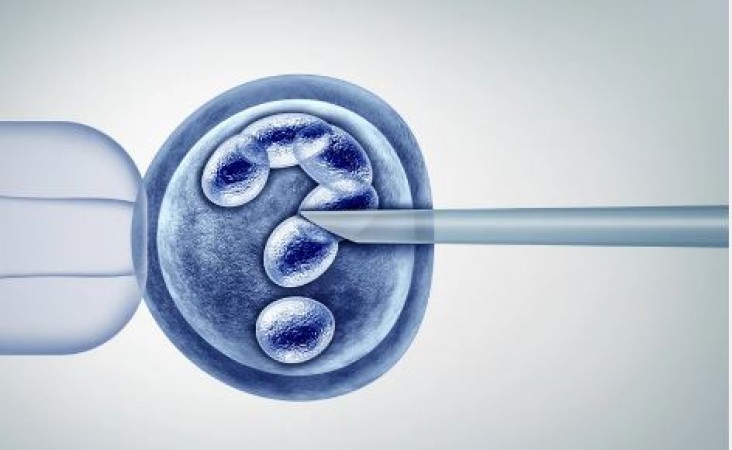
In the realm of assisted reproductive technology, In Vitro Fertilization (IVF) stands out as a groundbreaking solution for couples facing fertility challenges. However, there are age-related factors that play a crucial role in determining the viability and success of IVF procedures. Let's delve into the intricacies surrounding the maximum age for IVF and the considerations involved.
IVF involves fertilizing an egg with sperm outside the body, typically in a laboratory setting. Once fertilization occurs and embryos develop, they are implanted into the uterus to facilitate pregnancy. This method has provided hope for countless individuals and couples struggling with infertility.
1. Impact on Egg Quality: One of the primary concerns with advancing age in women is the decline in egg quality. As women age, their ovarian reserve decreases, leading to fewer and lower-quality eggs available for fertilization.
2. Success Rates: Research indicates that IVF success rates decline with increasing female age. This decline is attributed to factors such as decreased egg quality, higher rates of chromosomal abnormalities in eggs, and increased risk of miscarriage.
3. Maximum Age: While there isn't a strict cutoff age for IVF treatment, most fertility clinics have age limits due to the decreased likelihood of success and increased health risks associated with pregnancy at advanced ages. The maximum age for IVF treatment typically ranges from late 40s to early 50s, varying depending on individual circumstances and clinic policies.
While much emphasis is placed on female age in IVF, male age can also impact the success of IVF procedures. Advanced paternal age has been associated with lower pregnancy rates, increased time to conception, and higher rates of certain genetic conditions in offspring.
Beyond age-related factors, health considerations play a pivotal role in determining candidacy for IVF. Women of advanced age may face higher risks of pregnancy complications such as gestational diabetes, hypertension, and cesarean section.
For individuals or couples who exceed the maximum age limit for IVF or face significant health risks, alternative family-building options may be explored. These may include egg or sperm donation, gestational surrogacy, or adoption. While IVF has revolutionized reproductive medicine, age remains a critical factor influencing its success. Understanding the implications of advanced age on fertility and pregnancy outcomes is essential for individuals considering IVF treatment. By weighing the risks and benefits and exploring alternative options when necessary, individuals can make informed decisions regarding their fertility journey.
Tata-Owned Air India Cuts 180 Jobs, Cites Business Streamlining
Top 10 Wholesale Business Ideas
You can register the location of your home on Google Maps, know the process